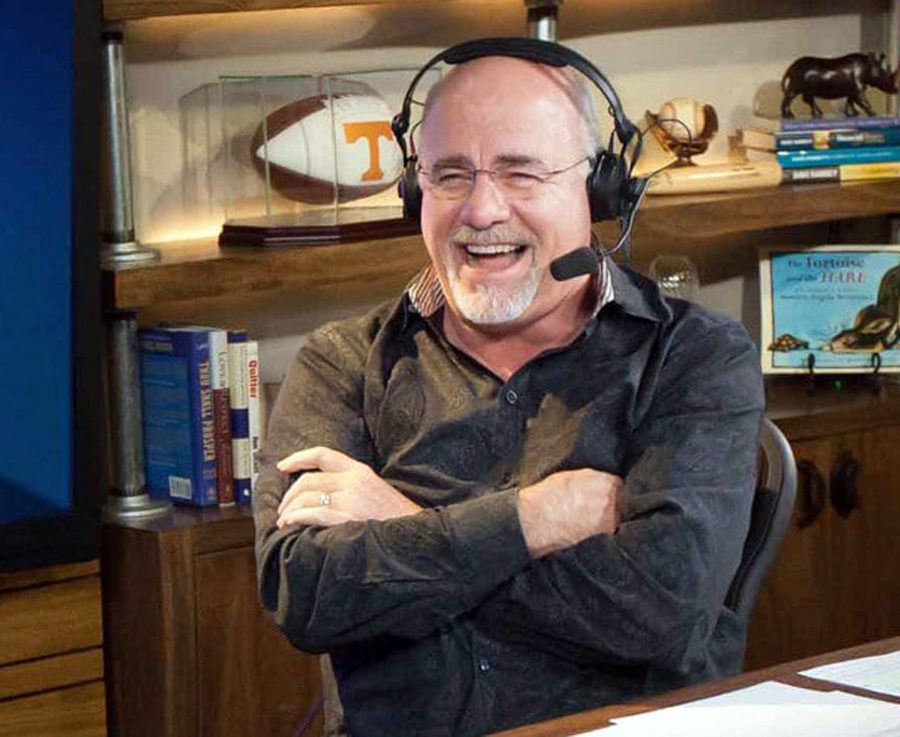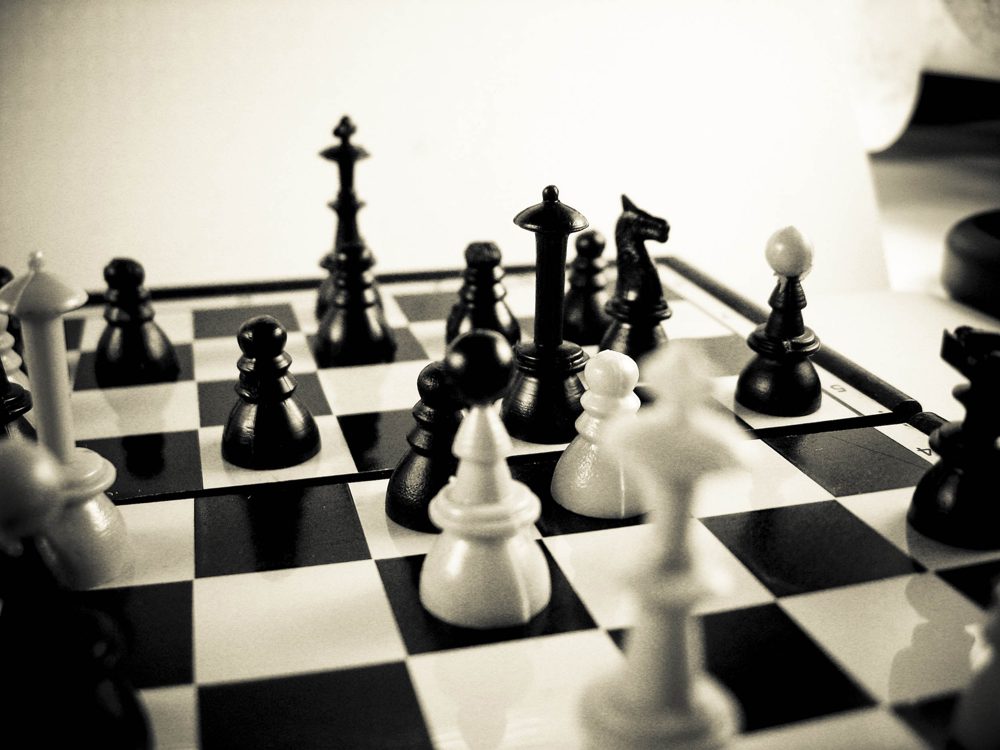
 |
By Dr. Ernest I. Nolan
January 8, 2009
“A truly great intellect . . . takes a connected view of old and new, past and present, far and near, and . . . has an insight into the influence of all these one on another; without which there is no whole, and no centre.” (John Henry Newman, The Idea of a University, 1858)
Not long ago, the U.S. Department of Labor projected that 80 percent of the children entering kindergarten will eventually enter jobs that don’t even exist today! This startling projection has the ring of truth when we consider all the changes that have taken place in the workplace over the past 20 years: e-mail, texting, and voicemail becoming essential communication tools; the pervasive use of Web applications to complete routine business transactions ranging from advertising and shopping to banking; instantaneous Internet access to information on almost any subject; and more.
If work continues to change as radically as it has in the recent past, then how does education prepare today’s students to enter the workforce and become productive citizens? For one thing, entry-level skills required for jobs are evolving rapidly toward higher-level skills, especially the skills of analytical thinking, problem solving, communication, technology, computation and teamwork. To be successful in the workplace of the future, individuals will need more than technical training; the essential core of education, what we often refer to as liberal arts education, will continue to be the most practical preparation for lifelong employment because it promotes intellectual and personal growth and equips the individual with skills, a knowledge base, and habits of the mind and heart to cope with and adapt to the changing environments of work, home, family and society.
But for most people, the term “liberal arts” has at best a fuzzy meaning. For many college students, it means all those required classes that stand in the way of technical training, which some feel is the only way to prepare for a job. But, upon closer inspection, the liberal arts can be understood as the key to survival in any field that is subject to change over time. The standard definition of liberal arts education includes study designed to foster capacities of analysis, critical reflection, problem solving, communication, symbolic computation and synthesis of knowledge from different disciplines. Its goal is to provide a person with an intellectual, historical and social context for recognizing the continuity between the past and future and for drawing on the human capacity of reason to understand human experience, to question the values dimension of human enterprise, and to articulate the results of these processes in verbal form.
These are practical job skills, and any employer would be hard pressed to turn away a person who possesses them. However, this definition doesn’t fully capture the rich texture of liberal education. First of all, liberal arts education puts the individual into the presence of the greatest ideas, most transforming concepts, and most powerful works of the imagination that human beings have produced. This is not important because it’s useful for making cocktail party conversation; it is requisite as an intellectual framework with which to understand and evaluate human events and interactions. Why is reading Shakespeare a good thing? Marjorie Garber in her new book, Shakespeare and Modern Culture, points to the fact that highly paid consultants are employed by Fortune 500 companies to teach managers what Shakespeare says about leaders and leadership. She avers that Shakespeare’s work is so constantly mutable (that is, timeless) that is always exists in the present, is always timely. Perhaps Henry V or Richard III can teach us more about the politics of an organization than a management textbook.
Second, liberal arts education is empowering because it provides rehearsal for life in the imagination; it liberates us from the limitations of our own experience and opinions by proffering alternative views, scenarios and explanations. Through the imagination, we enter into the experience of Macbeth (without having to kill anybody ourselves) and gain insight into what it costs the individual to allow ambition to rule his or her life. This rehearsal for life can allow us to appreciate the fact that neither the easiest nor the most complex solution is necessarily the correct one. We learn to think on our own, marshal evidence, and weigh the relative merits of different factors before committing to a plan of action.
Third, liberal arts education advocates a set of values that are necessary in order for human beings to live together in harmony. Society functions only as well as it produces good citizens, and the concept of good citizenship is embodied by individuals who understand and take their responsibilities seriously, who vote, who actively work for the betterment of society, especially by giving service to others. Civic responsibility is an expected outcome of liberal arts education.
Helping individuals to work together despite their differences, a liberal arts education embraces concepts of diversity and multiculturalism, which result in values and competencies needed so desperately in a pluralistic society like that of the U.S. It also prepares the individual to recognize our dependency on our global partners and to appreciate the differences and similarities among world cultures. These are practical skills when viewed from the perspective of workplace diversity and the increasing emphasis on international business and trade.
Yes, technical skills might give the college graduate a “foot in the door” in terms of entry into the workforce, but a liberal arts education will provide the staying power, serve as a foundation for continuous growth and development, and lead to the professional success that we all set our sights on. Viewed in this context, liberal arts education remains the most practical kind of education. Nothing else will equip us with the knowledge base, skills, habits of mind, and values to function effectively and productively in the unknown world of the 21st century.
Dr. Ernest I. Nolan is vice president for Academic Administration at Madonna University in Livonia, Mich. He can be reached at [email protected].








